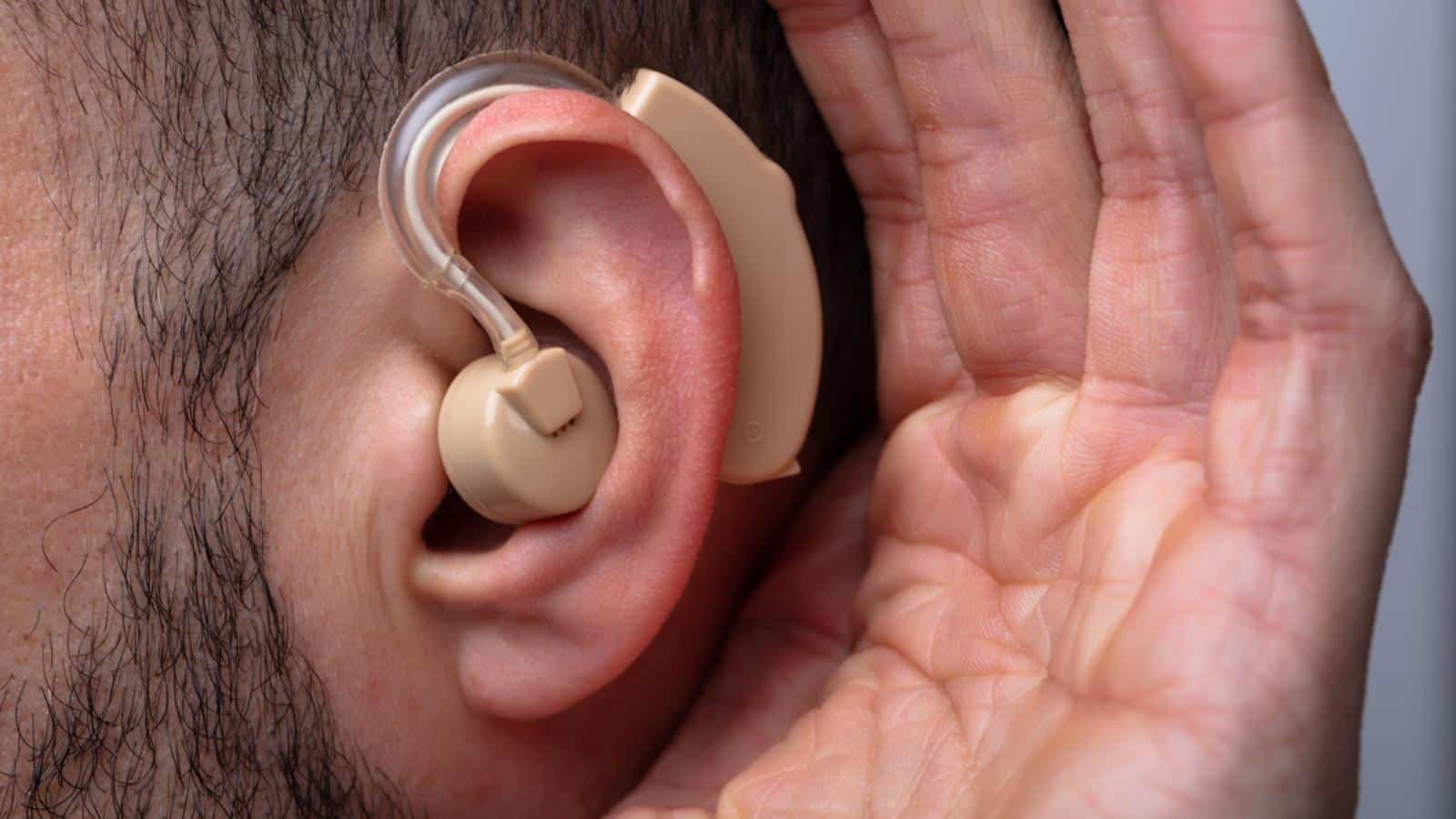Reaching the age of 75 is a wonderful milestone, a time to reflect on the experiences and wisdom gathered over the years. While this stage of life can be richly rewarding, it also calls for some adjustments to ensure you remain healthy, happy, and safe. Here are 21 things to avoid doing after you turn 75.
Skipping Exercise

“Regular physical activity can improve your muscle strength and boost your endurance,” says Mayo Clinic, and this is even more important as you get older. Staying active is essential for maintaining your health and independence, and exercise helps improve balance, strength, and flexibility, reducing the risk of falls.
Ignoring Your Health Check-ups

Regular health check-ups are crucial, especially as you age. It’s easy to think that feeling fine means everything is okay, but some conditions don’t show symptoms until they become serious. Make sure to attend all your medical appointments and follow your doctor’s advice. Regular screenings can help catch any issues early, making them easier to manage.
Neglecting a Balanced Diet

A balanced diet becomes even more important as you age, so you’ll want to ensure you’re getting enough nutrients, vitamins, and minerals, while avoiding excessive salt, sugar, and processed foods. Focus on fresh fruits, vegetables, lean proteins, and whole grains. Eating well can boost your energy levels and keep your body functioning optimally.
Isolating Yourself

Social connections are vital for emotional well-being, too, so make an effort to stay in touch with friends and family, and join clubs or groups that interest you. Staying socially active can help prevent feelings of loneliness and depression, contributing to a happier life.
Ignoring Mental Health

Don’t hesitate to seek help if you’re feeling down or anxious, because mental health is just as important as physical health. Engage in activities that stimulate your mind, such as reading, puzzles, or learning something new; keeping your mind active can improve cognitive function and overall well-being.
Overexerting Yourself

It’s important to recognise your limits and not push yourself too hard. Listen to your body and rest when you need to, as overexertion can lead to injuries or health issues—so pace yourself and balance any activity with adequate rest.
Forgetting to Stay Hydrated

As you age, your sense of thirst may diminish, but staying hydrated is still crucial. Dehydration can cause various health problems, including confusion and urinary tract infections, therefore make a habit of drinking water regularly, even if you don’t feel thirsty.
Overlooking Home Safety

Make sure your home is safe and easy to navigate, too, which means working to remove tripping hazards, ensure good lighting, and install grab bars if needed. Consider getting a medical alert system if you live alone, as these precautions can help prevent accidents and give you peace of mind.
Neglecting Personal Interests

Continue to engage in hobbies and activities that bring you joy because pursuing your passions keeps you mentally and emotionally fulfilled. Whether it’s painting, writing, or gardening, making time for what you love can significantly enhance your quality of life.
Driving When It’s Not Safe

As you age, driving can become more challenging due to changes in vision, hearing, and reaction times, so be honest with yourself about your driving abilities. Consider alternatives like public transport, rideshares, or asking family and friends for help, to make sure you prioritise safety over convenience.
Skimping on Sleep

Quality sleep is essential for overall health, as we know, so ensure you have a comfortable sleep environment and try to maintain a regular sleep schedule. Avoid caffeine and heavy meals before bedtime; good sleep can improve your mood, energy levels, and cognitive function.
Ignoring Technology

Embrace technology to stay connected and informed, including learning to use smartphones, tablets, and computers, which can open up new worlds of communication and entertainment. There are many resources available to help you get comfortable with technology—so don’t shy away from it.
Failing to Plan for the Future

It’s wise to have plans in place for the future. Ensure your legal and financial affairs are in order, such as wills, power of attorney, and healthcare directives, because having these sorted can alleviate stress for you and your loved ones, ensuring your wishes are respected.
Neglecting Dental Health

Oral health can affect your overall health, too, which is why regular dental check-ups are important to prevent problems like gum disease, which can impact other areas of your body. Maintain good oral hygiene by brushing and flossing regularly and seeing your dentist as recommended.
Overlooking Hearing and Vision Tests

Hearing and vision can decline with age,too, affecting your quality of life and safety, so regular tests can help you stay ahead of any issues. Don’t hesitate to use glasses or hearing aids if needed, as these aids can help you stay engaged and independent.
Engaging in High-Risk Activities

Certain activities may become too risky as you get older; it’s better to avoid extreme sports or strenuous activities that could lead to injury. Focus on safer options that still keep you active and entertained, as your safety should always be a priority.
Ignoring Pain or Discomfort

Don’t dismiss pain or discomfort as just a part of ageing—it’s important to address these issues with your doctor, as they could be symptoms of underlying health problems. Managing pain effectively can improve your quality of life and overall well-being.
Neglecting Financial Management

Keep a close eye on your finances while being cautious of scams targeting older adults, and make sure your money is secure. Consider consulting a financial advisor to help manage your assets and ensure you’re making the most of your resources.
Overlooking Regular Medication Reviews

If you’re on medication, regular reviews with your doctor are essential, and check that your prescriptions are still appropriate and effective. This can help avoid potential side effects and interactions, keeping you in better health all round, and giving you peace of mind.
Avoiding New Experiences

Don’t be afraid to try new things; whether it’s learning a new skill, travelling, or meeting new people, staying open to new experiences can keep life exciting and fulfilling. It’s never too late to start something new and enrich your life.
Being Reluctant to Ask for Help

One final thing to remember is that asking for help is not a sign of weakness. If you need assistance with daily tasks, medical care, or just someone to talk to, don’t hesitate to reach out, as accepting help can make life easier and more enjoyable.

